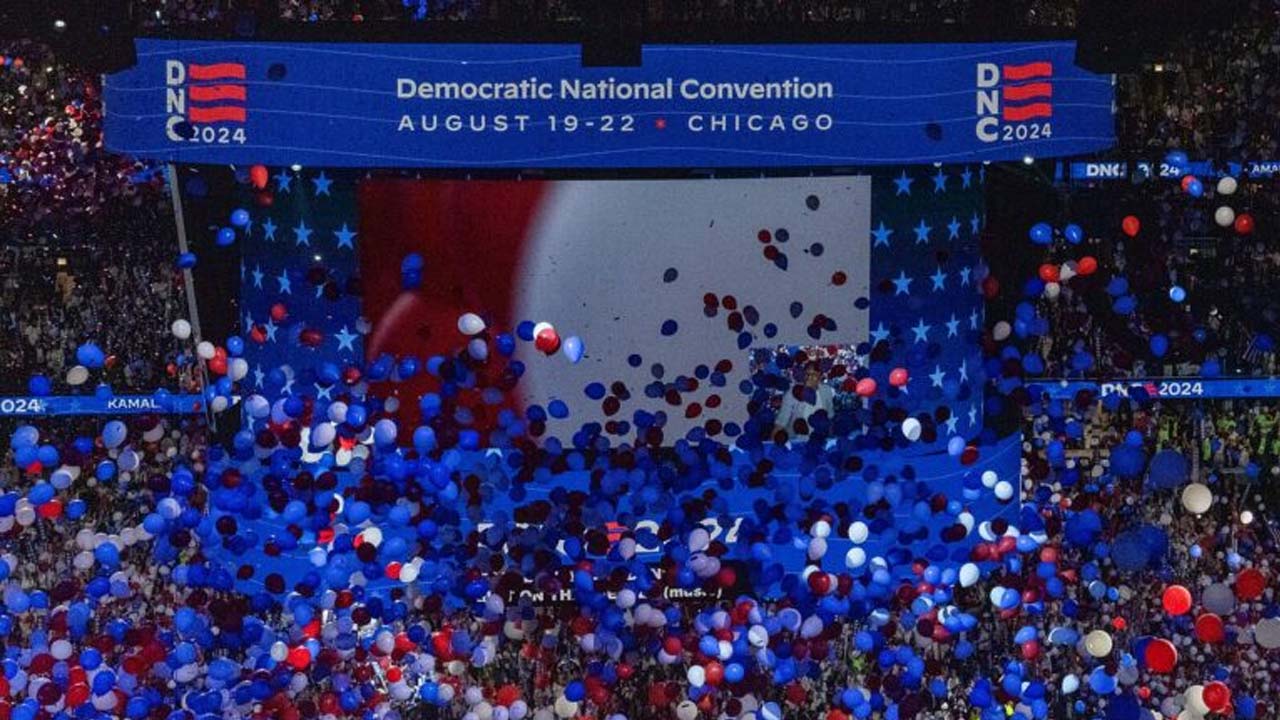
USA, Chicago: The article reflects on the author's experience as an antiwar activist during the 1968 Democratic convention and the subsequent Chicago Conspiracy trial, emphasizing the importance of movement building that bridged political and cultural activism. The author contemplates the unique mass opposition to the Vietnam War, contrasting it with the bipartisan support for war that persists in U.S. history, underscoring the rarity of such widespread dissent against a U.S. war.
The piece criticizes the enduring and bipartisan nature of U.S. militarism, suggesting that the military-industrial complex has grown stronger and more entrenched since 1968. It notes that current political figures, including Kamala Harris, echo support for military strength, contrasting this with the more peace-oriented rhetoric of past leaders like Hubert Humphrey.
The author highlights the ongoing genocide against Palestinians and draws parallels between the antiwar movement of the 1960s and the current Palestinian solidarity movement. Despite the challenges, the article suggests that there is a growing movement that integrates cultural, economic, and spiritual practices to challenge the entrenched culture of violence.
Ultimately, the article argues for a non-electoral approach to change, inspired by past movements like the Montgomery Bus Boycotts and the Mississippi Summers, while acknowledging the need to address immediate crises like the slaughter of Palestinians. The author envisions a future where transformative change could prevent the need for such protests, aligning with the vision of a world beyond the cycle of violence.





















